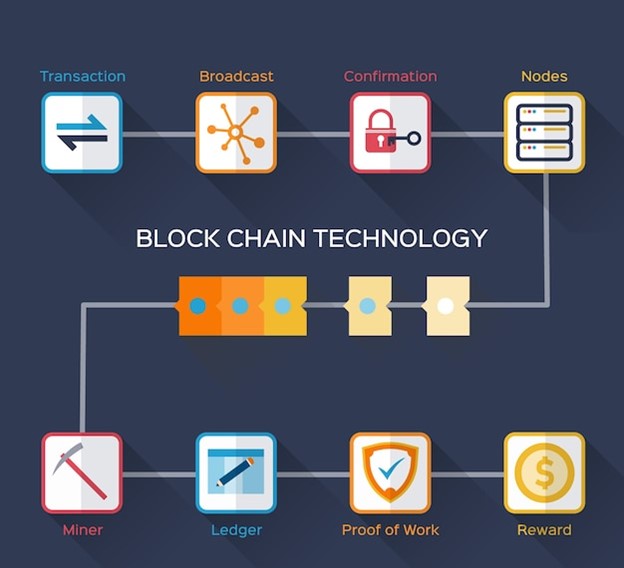Cryptocurrencies have revolutionized the way we think about financial transactions, offering decentralized and secure digital currencies. However, beyond their monetary value, cryptocurrencies also have the potential to transform the way we manage identity and personal information. Decentralized identity systems, powered by blockchain technology, are emerging as a key component of the cryptocurrency ecosystem. In this article, we will explore the role of decentralized identity systems in cryptocurrencies and the benefits they bring to users.
- Enhanced Privacy and Data Ownership: Traditional identity systems rely on centralized entities, such as governments and institutions, to manage and verify personal information. This centralized approach often raises concerns about privacy and data ownership. Decentralized identity systems, on the other hand, allow individuals to have greater control over their personal information. With the use of blockchain technology, users can store their identity data securely on the blockchain, eliminating the need for third-party intermediaries. This enhanced privacy and control over personal data are fundamental principles of cryptocurrencies.
- Self-Sovereign Identity: Decentralized identity systems enable the concept of self-sovereign identity, which means that individuals have full ownership and control over their identity information. In traditional systems, individuals often have to rely on intermediaries to validate their identity. With decentralized identity systems, users can create and manage their digital identities directly. They can selectively share their personal information with others while maintaining control over the extent and duration of data access. This empowers individuals and reduces the risks associated with centralized identity management.
- Identity Verification and Trust: In the cryptocurrency ecosystem, decentralized identity systems play a crucial role in verifying the identity of users. Blockchain-based identity protocols allow individuals to prove their identity without revealing unnecessary personal details. These systems enable the verification of identities through cryptographic mechanisms, ensuring a high level of trust and reducing the risk of fraud. By providing a secure and transparent identity verification process, decentralized identity systems contribute to the overall trustworthiness of the cryptocurrency ecosystem.
- Streamlined User Onboarding: Decentralized identity systems simplify the onboarding process for new users in the cryptocurrency space. Traditional systems often require users to go through complex and time-consuming identity verification processes, which can be a barrier to entry. Decentralized identity systems streamline this process by allowing users to reuse their verified identities across different platforms. This reduces the friction associated with user onboarding, making it easier for individuals to participate in the cryptocurrency ecosystem and access various decentralized applications (DApps).
- Interoperability and Portability: Decentralized identity systems promote interoperability and portability of identity information across different platforms. Users can manage their identities using a single set of credentials and easily use them across multiple blockchain-based applications and services. This interoperability enables seamless interactions between different systems and reduces the need for repetitive identity verification processes. It also enhances user convenience and promotes the adoption of cryptocurrencies by simplifying the user experience.
- Anti-Fraud Measures and Identity Theft Prevention: By leveraging blockchain technology, decentralized identity systems enhance security and mitigate the risk of identity theft and fraud. The immutability and transparency of blockchain records make it difficult for malicious actors to tamper with identity information. Additionally, the use of cryptographic techniques ensures the integrity and authenticity of identity data. These anti-fraud measures provide users with a higher level of security and trust when transacting with cryptocurrencies.
In conclusion, decentralized identity systems are a critical component of the cryptocurrency ecosystem, offering enhanced privacy, self-sovereign identity, trust, streamlined onboarding, interoperability, and anti-fraud measures. As cryptocurrencies continue to evolve and gain wider adoption, decentralized identity systems will play a crucial role in shaping the future of digital identity management. By empowering individuals with control over their personal information and fostering trust in transactions, decentralized identity systems contribute to the overall growth and development of cryptocurrencies as a disruptive technology.










